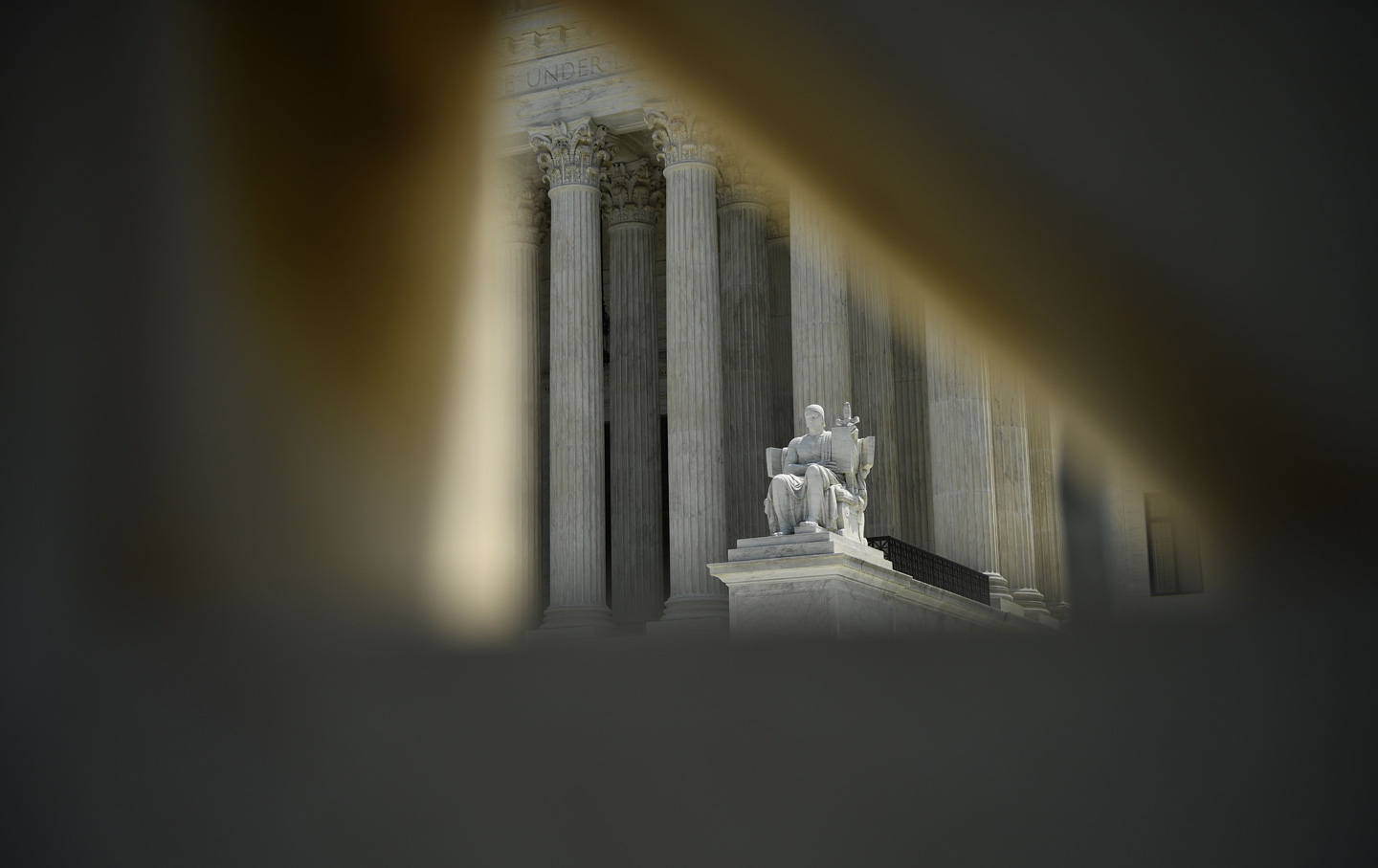
Back in 1952, SCOTUS ruled that states do not violate the Constitution when they require electors to pledge that they will abide by the results of the popular vote. But the justices had never before decided whether it was constitutional to enforce those pledges.
Today the high Court said 538 people who cast the actual votes for president in December as part of the Electoral College are not free agents and must vote as the laws of their states direct.
The unanimous decision in the "faithless elector" case was a defeat for advocates of changing the Electoral College, who hoped a win would force a shift in the method of electing presidents toward a nationwide popular vote. But it was a win for state election officials who feared that empowering rogue electors would cause chaos.
The November general election is really not a direct vote for the presidential candidates. American citizens who vote choose a slate of electors appointed in their states by their political parties. Those electors meet in December to cast their ballots, which are counted during a joint session of Congress in January.
The court's opinion said presidential electors must act as their states require, which in most of the nation means voting for the candidate who won the popular vote in their states. In Maine and Nebraska, presidential electors are guided by the votes of congressional districts.


